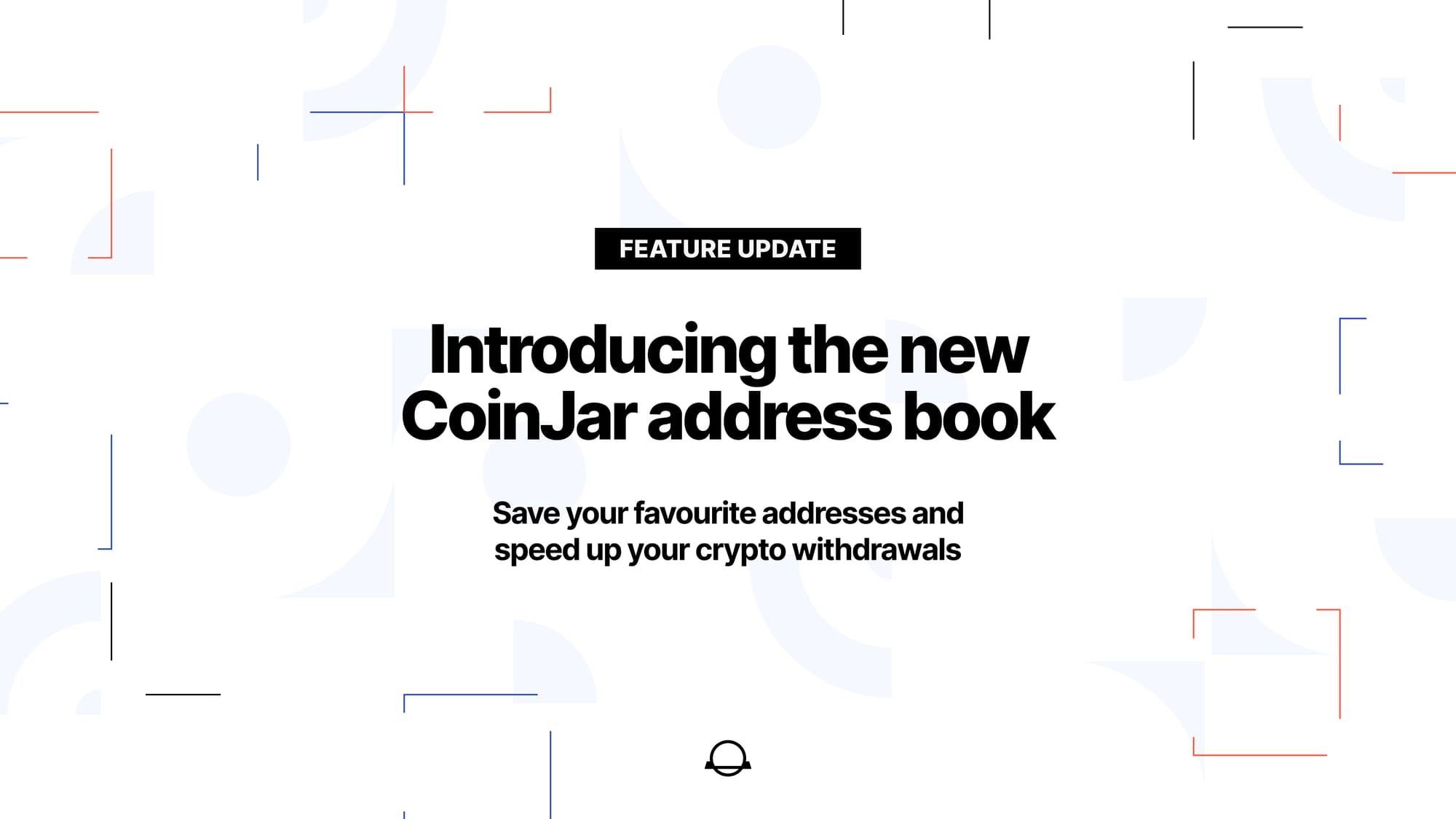
5,000 merchants and 50,000 users are now participating in India’s CBDC pilot project, the RBI’s deputy governor has said, noting that the central bank intends to proceed with the project slowly to avoid unwanted fallouts.
Rabi Sankar, Deputy Governor at Reserve Bank of India (RBI), announced the first milestones of India’s digital currency at a policy press conference on Wednesday, detailing that the country’s CBDC pilot now has 50,000 users and 5,000 merchants.
Sankar said the RBI wants the project to proceed gradually and cautiously in a bid to avoid taking any actions without fully understanding their potential impact. He said:
“We want the process to happen, but we want the process to happen gradually and slowly. We are in no hurry to make something happen so quickly. We have our targets in terms of users, in terms of merchants. We will go slowly.”
The 50,000 users and 5,000 merchants are currently transacting through eight banks, with another five set to join soon. Furthermore, the pilot, which is taking place in five cities, has processed 7.7 lakh worth of transactions, Sankar said, adding that they plan to add nine more cities.
India’s central bank has long been a supporter of Central Bank Digital Currencies (CBDCs), calling them “the future of money.” The country started a pilot program of its digital currency in cooperation with nine banks in November last year.
The Reserve Bank of India hopes to lower the economy’s reliance on cash, enable cheaper and smoother international settlements and protect people from the volatility of private cryptocurrencies with the digital rupee. The central bank next plans to experiment CBDCs for wholesale transactions, and cross-border payments.
As reported, Reliance Retail, India’s largest retailer, announced last week that it plans to accept payments in the digital rupee in a move that could boost the nation’s adoption of CBDCs. The retail chain has partnered with ICICI Bank, Kotak Mahindra Bank, and fintech Innoviti Technologies to add support for the digital rupee in its Freshpik line of stores across the country.
On the other hand, India’s central bank has long maintained a harsh stance toward digital assets, arguing that the nascent asset class has no underlying value. The RBI has constantly warned investors and the government against crypto, citing volatility as well as risks of fraud and scams.
Last month, India’s central bank governor Shaktikanta Das said cryptocurrencies don’t have any intrinsic value and their perceived “value is nothing but make-believe.” He said cryptos are not even worth a tulip, alluding to the well-known Dutch tulip mania blow-up in the early part of the past century.


